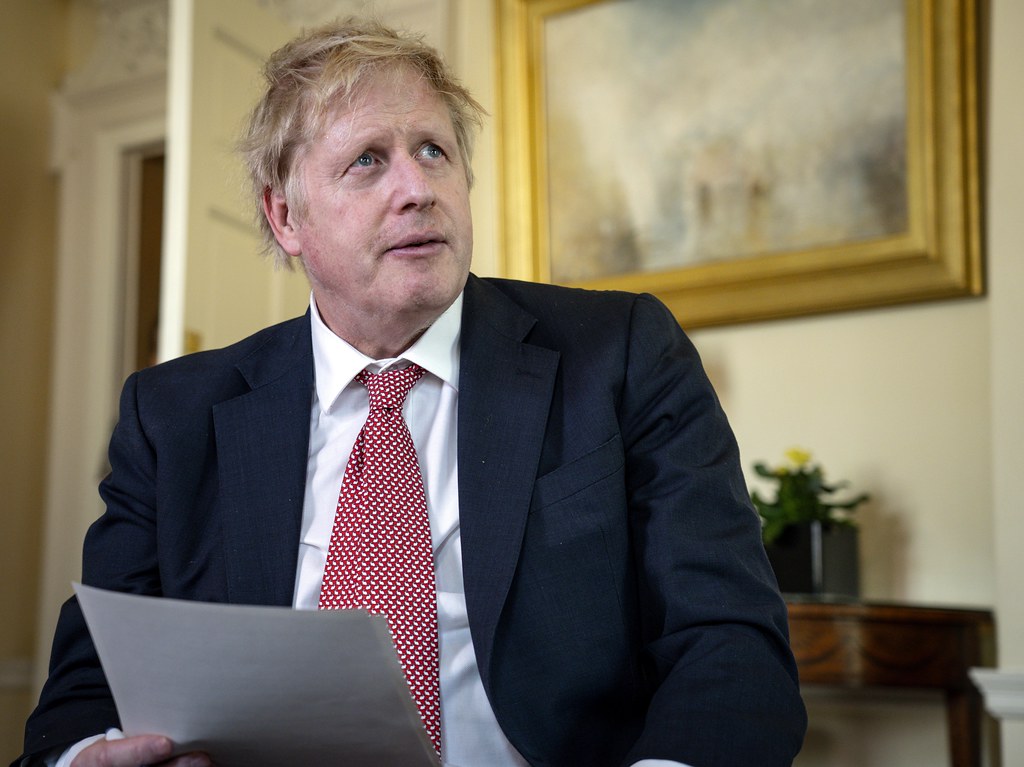LONDON, (Parliament Politics Magazine) – Boris Johnson, the PM of the United Kingdom, says he believes transgender women should not compete in female sporting events, a view he admits is “controversial.”
The example of transgender cyclist Emily Bridges has recently drawn attention to the subject of transgender athletes, which revolves around sporting fairness, safety and the balance of inclusion, in women’s sport.
Johnson was discussing a variety of topics, including the government’s stance on the so-called conversion therapy prohibition, before adding that he didn’t believe biological men should compete in female sporting events. Perhaps that is a contentious statement, however, it seemed sensible to him.
He also believes that women should have facilities dedicated to them, whether they are in hospitals, prisons, or locker rooms. That’s how far his thinking on the subject had progressed.
In case that puts him at odds with others, he would have to figure something out. It didn’t mean he didn’t sympathise with those who wanted to alter their gender or transition, and it was critical that they provide them with the most compassion and support possible while they made those decisions, he added.
These were complicated concerns that would not be resolved with a single piece of legislation. To get that correctly, a lot of thought went into it.
Stonewall, an LGBTQ+ organisation, responded to Johnson’s remarks by saying: Trans people deserved the same opportunities to enjoy the advantages of sport as everyone else, and wide exclusions on trans people partaking were simply unfair.
This was a complicated and rapidly growing problem, and most of the science in the area didn’t exist yet.
Inclusion policies must be considered sport by sport, and it was critical to avoid aggressive rhetoric, which frequently caused trans individuals to cease participating in activities they loved.
Although elite sport typically dominated those discussions, Stonewall pointed out that transgender people were underrepresented in community athletics, where they often felt excluded.
Sport had the unique capacity to bring people together, the organisation continued, and it was critical that trans individuals had the opportunity to experience the benefits of sport without fearing exclusion or abuse.






